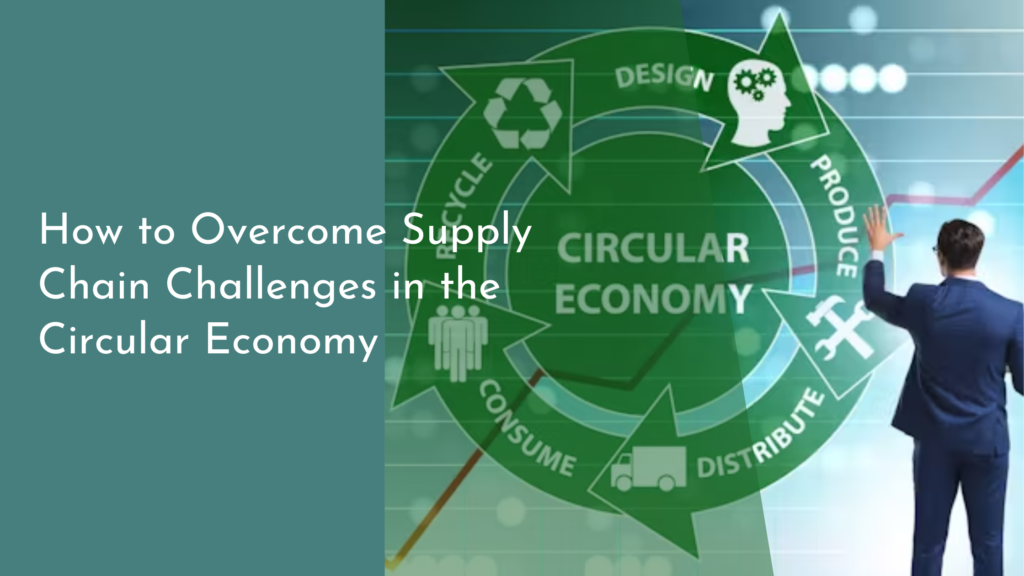Educational Campaigns to Raise Awareness on Food Waste
Food waste is an escalating problem with far-reaching impacts on the environment, economy, and society. As global awareness grows, educational campaigns play a crucial role in addressing this pressing issue. These campaigns aim to inform, inspire, and engage individuals and communities in reducing food waste, promoting sustainable habits, and ultimately contributing to a healthier planet. This article explores the significance of food waste awareness, effective strategies for educational campaigns, ways to engage communities in solutions, and celebrates the successes achieved through collective efforts.
Understanding the Importance of Food Waste Awareness
Food waste is not just about the food itself; it encompasses the extensive resources used in food production, including water, energy, and labor. When food is wasted, these resources are essentially squandered, contributing to environmental degradation and climate change. Raising awareness about food waste is vital in highlighting the direct impact of our daily choices on the planet. Educational campaigns emphasize the need to rethink consumption patterns and understand the broader implications of waste, fostering a sense of responsibility and urgency in addressing the issue.
Moreover, food waste has significant social and economic ramifications. Globally, millions of people face food insecurity, yet vast quantities of edible food end up in landfills. By educating the public on food waste, campaigns can shine a light on the paradox of food scarcity in the face of abundance, spurring action towards more equitable food distribution. Awareness initiatives also shed light on the economic losses incurred by households and businesses due to food waste, encouraging more efficient practices to save money and resources.
Key Strategies in Educational Campaigns
A successful educational campaign employs a multifaceted approach to capture the audience’s attention and drive behavioral change. One key strategy is using compelling visual content, such as infographics and videos, to communicate complex information in an engaging and accessible manner. These tools can illustrate the scope of food waste and provide practical tips for minimizing waste at home and in businesses, making it easier for individuals to incorporate changes into their daily lives.
Another effective strategy is collaboration with influential stakeholders, including schools, businesses, and government bodies. By partnering with these entities, campaigns can amplify their reach and impact, integrating food waste education into broader sustainability initiatives. Schools, for instance, can incorporate food waste topics into their curricula, fostering awareness from a young age. Meanwhile, businesses and governments can implement policies that encourage waste reduction, providing incentives and frameworks for sustainable practices.
Engaging the Community in Food Waste Solutions
Community engagement is pivotal in transforming food waste awareness into actionable solutions. Local events, workshops, and challenges can motivate people to actively participate in waste reduction efforts. For example, organizing community cooking events that focus on using leftovers creatively can inspire individuals to adopt similar practices at home. Such initiatives not only educate but also build a sense of community, reinforcing the idea that collective efforts yield greater results.
Social media platforms offer another avenue for community engagement by creating online spaces for sharing tips, success stories, and resources related to food waste reduction. Campaigns can harness the power of social media to foster dialogue and exchange ideas, encouraging individuals to take personal pledges to reduce waste. By leveraging the digital sphere, these campaigns can reach a broader audience, inspiring diverse communities to unite in the fight against food waste.
Celebrating Success: Changing Habits for a Greener Future
Changing entrenched habits is no small feat, but success stories from educational campaigns demonstrate that it is indeed possible. Celebrating these achievements not only acknowledges the efforts of individuals and communities but also inspires others to join the cause. Highlighting case studies of reduced food waste in schools, restaurants, and households can showcase the tangible benefits of waste reduction, from cost savings to environmental preservation.
As more people embrace sustainable practices, there is a noticeable shift towards a more eco-conscious society. Educational campaigns play a crucial role in this transformation by continuously promoting awareness and celebrating milestones. By recognizing and rewarding efforts, these campaigns instill a sense of pride and motivation, encouraging sustained commitment to food waste reduction and paving the way for a future where resources are used wisely, and waste is minimized.
Educational campaigns are instrumental in the global movement to combat food waste. Through innovative strategies and community engagement, they foster awareness, drive behavioral change, and celebrate successes that contribute to a more sustainable future. By continuing to educate and inspire, these campaigns empower individuals and communities to make informed choices, ultimately leading to a collective effort towards a greener, more equitable world. As awareness grows and habits shift, we move closer to a society that values and conserves its resources, ensuring a healthier planet for generations to come.

